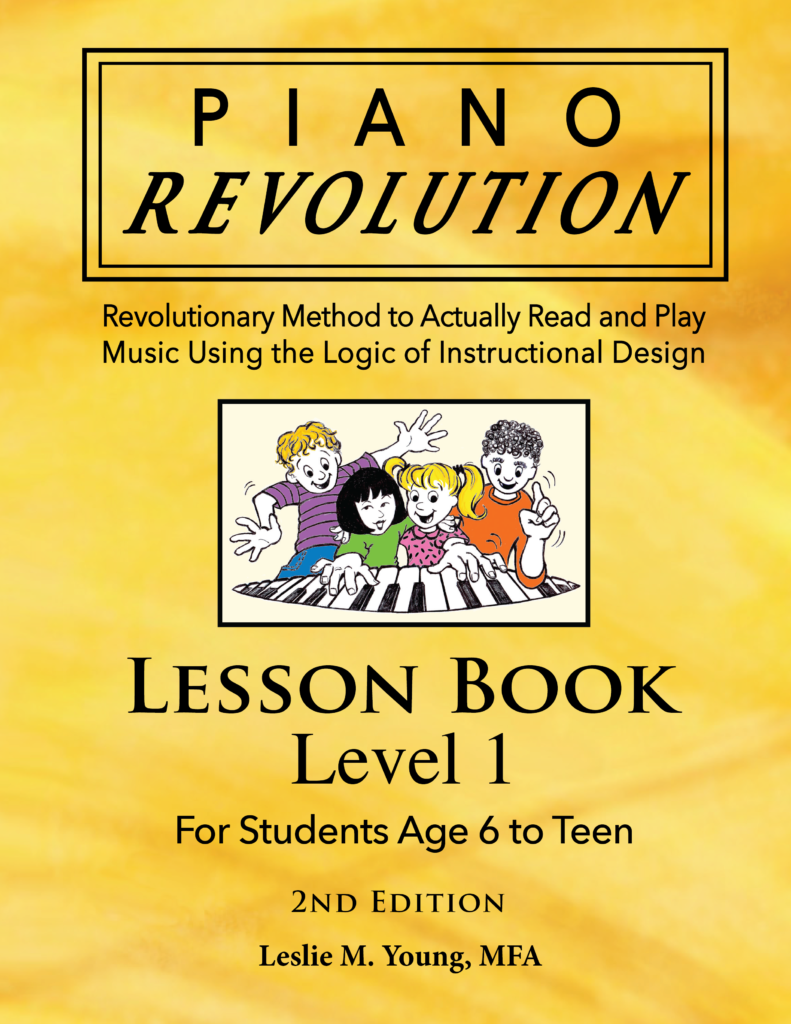Amazing Little-Known Benefits of Piano Playing: Part 2
In the last entry, I wrote about the amazing little-known benefits of piano playing in the categories of Hobbies, Fitness, and Health. Now the focus is on Finance and Entertainment.
Finance and Entertainment
By finance and entertainment categories, I mean the benefits of piano playing in a business sense. If you’ve thought about turning your beloved hobby with the piano into a profession, here are some ideas to consider. But right off, I would suggest thinking about this in terms of a side venture – and not quit your ‘day job’ until it becomes very apparent it’s the time to do that.
List Pros and Cons
There are quite a few options in the music industry, however, the first step would probably be to decide if you would enjoy unusual hours outside the 9 to 5 norm. Different professions entail different time schedules, so options are to be expected. There would most likely be more managerial responsibilities for you to deal with; would you like or dislike that? Being your own boss may seem very appealing, or you may prefer to not have that role. There may be a variety of tasks, dealing with different people of different ages, different schedules perhaps on different days . . . multiple options – so would you be comfortable with that?
Advertise
A good way to advertise your proficiency at the piano would be to volunteer to play at church or school functions. This can quickly lead to playing professionally for choirs, soloists, weddings, funerals, dance schools, etc. – they all need musicians, the most common being pianists. There’s also community events, accompanying for voice students and professional event singers, rehearsals for dramatic productions, and festivals (especially in summer). Take a look at the events on your city’s posted calendar and the entities involved as prospective contacts. Networking and word-of-mouth produce results as well.
Putting advertisements (physical or online) in bulletins, programs, and at related businesses (think florists, clothing rentals, salons, etc.) is a good start. Business cards are very handy to spread among friends and associates and help to tangibly get your word out.
A Variety of Possible Schedules
Some of these will result in solo performances, multiple rehearsals settings, single events or continuous opportunities that can be scheduled long in advance. Quite the variety is possible, which creates other benefits of piano playing. I know a top-notch pianist who plays in a nice restaurant for several evenings a week and takes requests; he also is a church choir conductor and accompanist (at the same time!). This enterprising fellow owns a piano studio and gives lessons on his improvisation method during day and evening hours not already scheduled. With all this, he is quite profitably self-employed.
Also there usually are extra opportunities during special dates, like Christmas and Easter. Around Memorial Day, July 4th, Labor Day and such there is a need for indoor and outdoor performances when folks like to soak up the sunshine.
Malls are an attractive venue for soloist and small bands. Any outdoor eateries enjoy having music to attract customers. Larger churches schedule all kinds of events and need musical contributions. Receptions, parties, reunions – all have a need for music.
Recording
If you really like to compose and play your own arrangements, it is quite satisfying to create at home on production workstations. Today’s products are quite astounding with the sound sampling of a ton of instruments. A favorite of mine is the Yamaha MOXF8 Music Production Workstation. With a workstation like this you can create seasonal music, special-use prelude or background music for events, or your own background fill when you are the featured performer.
Teaching
Another benefit of piano playing for you might be teaching private lessons as your first venture into the business aspect. Even though I developed The Revolutionary Piano Method to be used for self-teaching in-home lessons (and it does work that way successfully), I find that parents still very often want to pay for a teacher’s time and experience when using these books. A teacher would find them easy to follow and logical in approach and sequence of material.
You might have a room at home where you can receive students, or you might prefer to have space in a local piano studio. If you live in a large community, traveling to students’ homes may be a better option. You can also charge somewhat more for the convenience of coming to them.
School-wise, there are pre-school teachers who free-lance, private and charter schools, middle school and high school classes when voice students and choirs need accompanists. I know of one teacher who taught students in an elementary and middle school, using The Revolutionary Piano Method. There was one room dedicated to this Specials class of Music/Piano. The class met twice a week for 30 minutes. Students used headphones and went at their own pace. Their individual Practice Record was kept at their designated keyboard so the student could refer to it for their current book and page assignment.
The teacher initially conducted a few group instruction lessons to orient students. Then students worked independently, with the teacher rotating to monitor progress and answer any questions. An after-school Piano Club met twice a week to practice group playing (without headphones), and students experienced synchronized timing using a variety of rhythms. They performed concerts several times during the school year.
If you teach privately, there is no need for certification or a specific degree, though having such would probably raise your fee. You need to like being around people, young and old, and have a lot of patience. A retiring private-lesson teacher may need you to take over existing students. It never hurts to plant the seed, and at the least, you have introduced yourself as referral teacher when the need arises.
You set your fee if you teach privately. As fees often change with the community and region, search for the going rate in your area. There can be a wide range – $20 to $40 for a 30 minute lesson. Many factors determine the charge: your experience, education, do you drive to the student’s home, is this the country or city area, etc. Here you’ll find some more ideas.
In Conclusion
Few activities bring as much enjoyment as playing the piano and are as versatile as those amazing benefits of piano playing – improving health, lessening loneliness, providing skills to be successful in other life areas, and even producing ways to become a career. Let it evolve in your life in a way that is rewarding and exciting for you!
What Would the First Lesson for a Young Student Look Like?
What Would the First Lesson for a 6 to Teen Look Like (video)?
View sample pages of all the books for students
ages 6 to teen:
View sample pages of all the books for students
4 to 5 years old:
View sample pages of all the books for older
teens and adults:






 Next Post
Next Post
